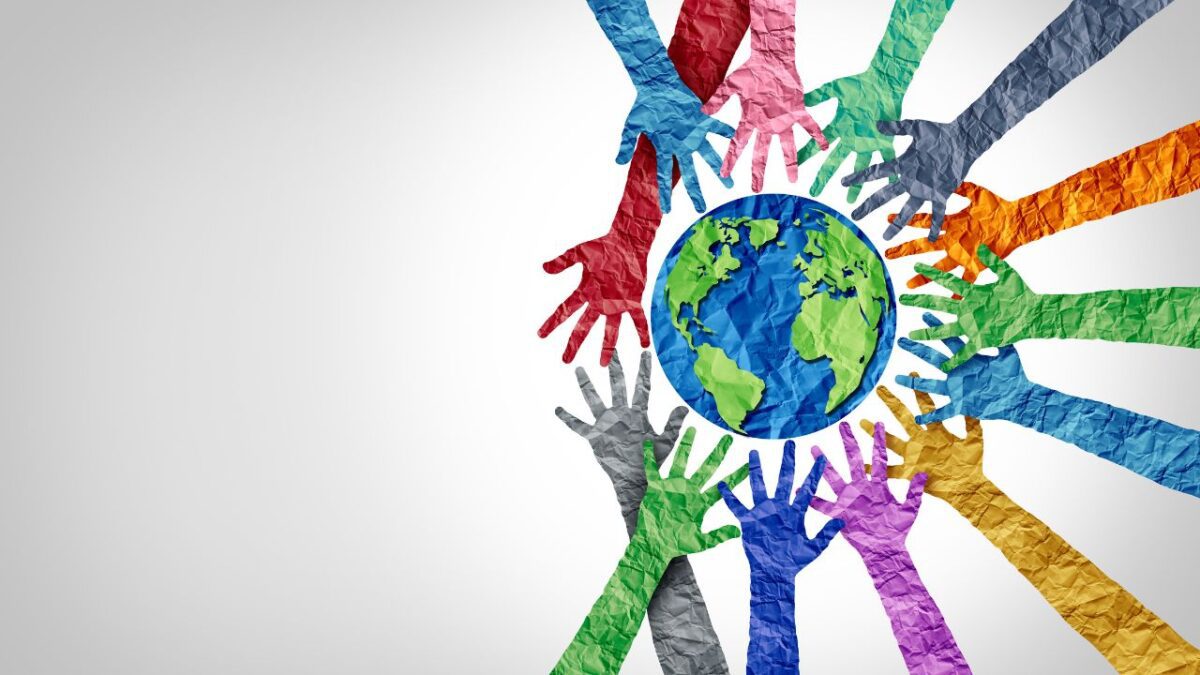
In a global society, you’re likely to interact with others from a various backgrounds on a regular basis. Cultural competency skills are essential for your personal and professional success.
Maybe you’ve heard of the concept, but you’re unsure about what the words really mean.
- Culture refers to patterns of thought, feelings, and behavior that develop in families and communities.
- Cultural competency focuses on building respectful and effective relationships among individuals and communities with different experiences and perspectives.
There are many ways to honor differences and develop reciprocal connections and here are a few strategies:
Strengthening Your Cultural Competency Skills:
1. Question your assumptions.
We often have blind spots and stereotypes so entrenched that they’ve become automatic.
Challenge your unconscious beliefs rather than taking it for granted that others view things the same way as you. You might make someone uncomfortable by making assumptions about them.
2. Listen attentively.
Make others feel valued by paying attention to what they have to say and concentrating on their message rather than rehearsing your response.
Avoid interrupting or talking over them. Use friendly or neutral facial expressions and body language.
3. Encourage discussion.
Hold inclusive meetings where each participant can speak and be heard. Go around the room or assign portions of the agenda to different individuals.
4. Make joint decisions.
When possible, give others the opportunity to weigh in on decisions, especially when they will be affected by the outcomes. Ask for input and negotiate compromises.
5. Ask questions.
Engage in two-way conversations rather than lectures. Asking relevant questions will help you to understand your limitations and gain important information.
6. Seek permission.
At the same time, you want to express your curiosity without overstepping other’s boundaries.
Select appropriate times and places for sensitive discussions. Stop yourself if you see signs that you may be going too far.
7. Be flexible.
Step outside your comfort zone. Be open to entertaining different points of view and experimenting with new approaches.
8. Speak up.
While you’re making changes on an individual level, look for opportunities to support organizational and systemic reforms.
Review your company’s cultural policies and practices. Make helpful suggestions, like hosting trainings and forming affinity groups. Use your power as a consumer and voter.
9. Take risks.
It’s natural to feel hesitant about tackling subjects where your knowledge is limited, and you might offend others. However, missteps are part of learning.
You’ll make more progress by trying to communicate as skillfully as possible while you strengthen your skills.
10. Increase your awareness.
It’s important to be aware of world cultures, including your own, before you can understand their differences and appreciate them.
You can spend time reflecting on your own, or your employer and local universities may offer workshops.
11. Gain knowledge.
Educate yourself with formal coursework or pursue your own studies. Books, movies, music, and travel can add to your competency.
12 Continue learning.
Keep in mind that cultural learning is a lifelong process. You’re bound to run into fresh challenges as you enter new relationships and environments.
Developing a positive attitude and strong skills will help you to recognize the areas where you still need to grow.
13. Practice often.
While attitudes and knowledge are important, you need to be able to apply them by practicing your cultural competency skills through daily interactions.
Enrich your life by learning to adapt effectively and communicate skillfully with people from other cultures and wide variety of backgrounds.




